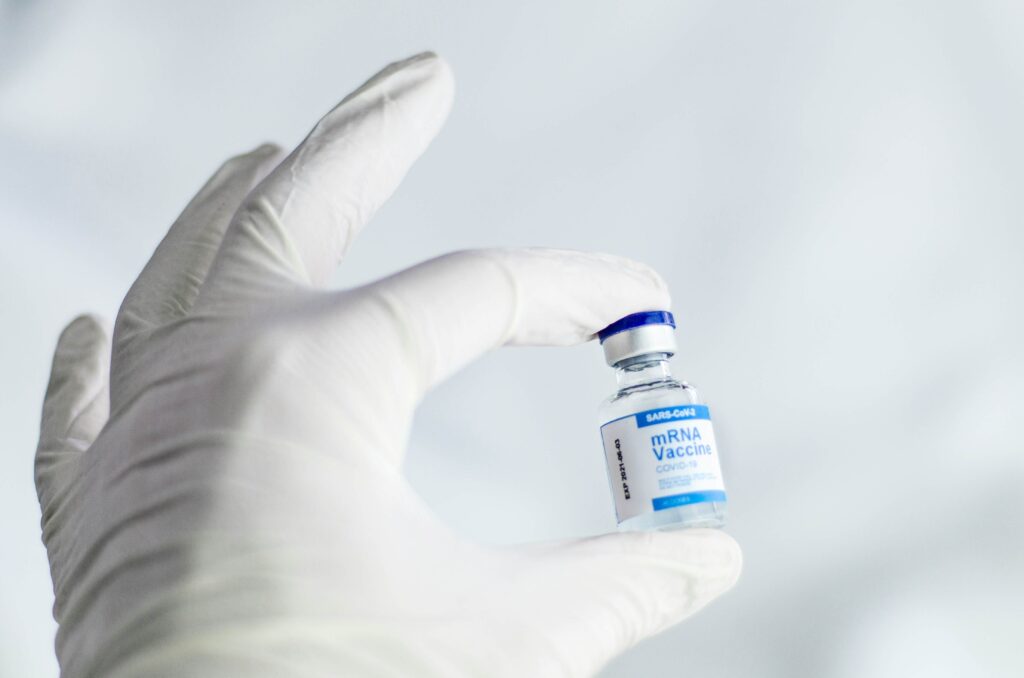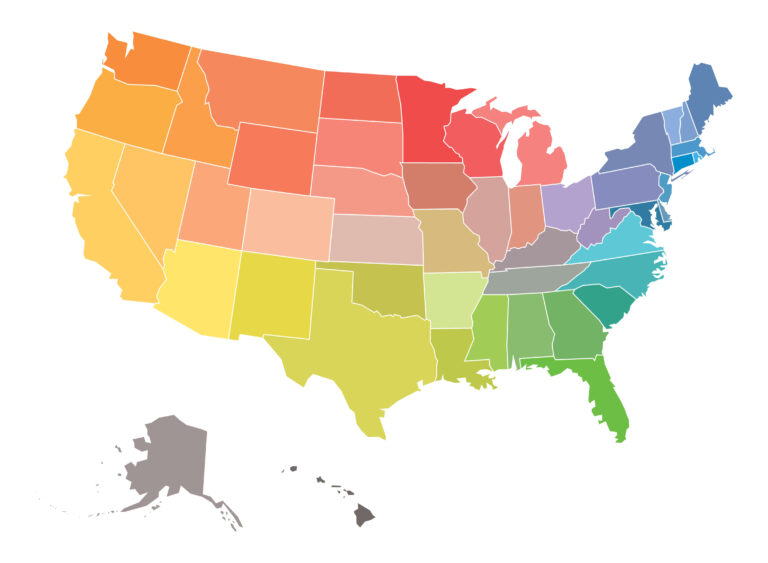Top 5 Debates in The Autism Community #3

Table of Contents
Vaccines and Autism — Clearing the Confusion with Compassion
Few debates in the autism community have been as emotional, long-lasting, or widely misunderstood as the one surrounding vaccines and autism. For many parents, especially those who are new to an autism diagnosis, this debate can feel deeply personal. We want to protect our children, make the best choices for their health, and understand why autism happens in the first place. It is completely natural to want clear answers, but unfortunately, this is one of those topics where misinformation has spread faster than facts.
How This Debate Began
The vaccine and autism controversy first took root in the late 1990s after a now-retracted study suggested a possible link between the MMR (measles, mumps, and rubella) vaccine and autism. That study has since been proven fraudulent, and the author lost his medical license. Yet despite being scientifically discredited, the fear it sparked lingered. Parents heard alarming stories, news headlines spread quickly, and social media amplified confusion, turning it into one of the most persistent debates in the autism community.
Over the years, dozens of large-scale studies have been conducted around the world across different countries, age groups, and vaccine types. The results have been consistent: there is no causal link between vaccines and autism. In fact, vaccines protect children from serious diseases like measles and whooping cough, which can cause severe complications or even death. For those who want to review the scientific research directly, the Centers for Disease Control and Prevention (CDC)offers a clear and evidence-based explanation.
Still, even with science on one side, emotion and experience shape how this issue continues to show up in debates in the autism community today.
Why Parents Still Struggle with This Topic
As parents of autistic children, we know how hard it can be when something feels uncertain or out of our control. When a child begins showing signs of developmental differences, we naturally search for reasons. For many families, the timing of early vaccines and the appearance of autism traits can seem linked, even though research shows it is only a coincidence of timing, not cause and effect.
Unfortunately, misinformation online has deepened that fear. Social media platforms, parenting forums, and even well-meaning family members can unintentionally share outdated or false claims. These voices can make parents doubt medical advice or feel guilty for decisions they made in good faith.
This erosion of trust is one of the biggest cons of the ongoing vaccine debate. When parents feel confused or anxious, it becomes harder to access reliable care or believe in the medical system. Many pediatricians are working hard to rebuild that trust, not by dismissing parents’ concerns but by listening and offering evidence in a respectful way.
The Case for Vaccines
Let’s start with the pros, because this part is grounded in both science and compassion.
- Vaccines protect children and communities from dangerous diseases like measles, polio, and meningitis.
- Scientific research confirms there is no causal link between vaccines and autism. Multiple studies over decades and across millions of children have found no connection.
- Community protection matters. When most children are vaccinated, we protect those who cannot be, such as children with weakened immune systems or certain medical conditions.
Many parents in the autism community have shared that vaccinating their children gave them peace of mind. It is not about following rules blindly; it is about doing what we can to keep our families and communities safe. For parents of autistic children, that can feel especially empowering.
The Cons: Why the Debate Won’t Disappear Overnight
Even though the scientific community has reached consensus, debates in the autism community continue for emotional and social reasons. Some parents still feel skeptical of institutions or fear side effects, while others carry guilt from past misinformation.
- Misinformation has fueled parental anxiety and distrust in medical systems.
- Online communities can amplify fear, making it hard to know which voices to trust.
- Medical experiences matter. When doctors dismiss parents’ concerns instead of listening, it can make families feel invisible or judged, deepening the divide.
As a result, even well-meaning parents sometimes delay or skip vaccines out of fear, not defiance. Understanding that distinction is key to building empathy and healing this divide within our own community.
The Community Perspective
Among experts, researchers, and most parent advocates, the consensus in the autism community supports vaccination. Yet, there’s also widespread agreement that education and trust-building remain essential. Science alone is not enough; compassion must accompany it.
Many organizations and autism advocates now emphasize listening to parents’ concerns, providing transparent information, and empowering families to make informed choices without shame. These efforts remind us that debates in the autism community are not just about data. They are about people, relationships, and understanding.
If you’re curious about other health-related debates in the autism community, another topic that has stirred discussion is the use of Tylenol and whether it might be linked to autism. You can read more in my post: Tylenol for Autism: What Parents Should Know.
Moving Forward — With Compassion and Clarity
The debates in the autism community can sometimes feel divisive, but they can also open the door to meaningful conversations. When we choose empathy over fear and facts over rumors, we can guide other parents through confusion with kindness.
As parents of autistic children, we all share the same goal: helping our kids thrive. Whether it is about vaccines, therapies, or education, every debate is really about care, love, and understanding. The science on vaccines is clear. They do not cause autism. But the feelings behind the debate deserve our attention too.
By approaching this topic with compassion, patience, and credible information, we help make debates in the autism community a space for growth instead of fear. Together, we can keep our children safe, informed, and supported and remind each other that the strongest protection we can offer is not just through vaccines, but through community and trust.





